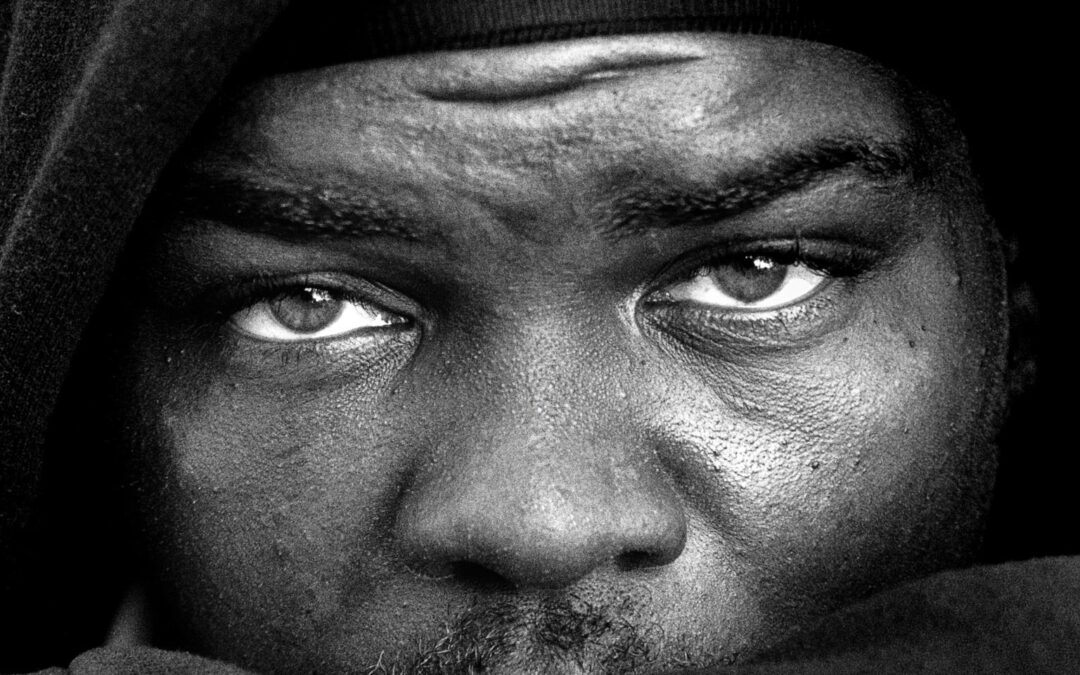This Black History month there is something heavy on my heart and mind. That is the fact that there are hundreds, if not hundreds of thousands of men and women in the black community who need help but don’t seek it because of the stigma surrounding mental health.
In 2014, the National Alliance on Mental Illness (NAMI) put out a historic call to action for people to learn more about the unique struggles African Americans face, and to take better care in being sensitive “to African American cultural differences, their unique views of mental illness and propensity towards developing certain mental illnesses.”
The ultimate goal of this call to action was to “improve African Americans’ treatment experiences and increase their utilization of mental health care services.” Six years later, I’m making this call to action again, and I invite you and everyone you know to share this message:
Regardless of your race, creed, or religion, it is okay to seek help for mental issues. And, you don’t have to go to a counselor, psychologist, or psychiatrist to get that help, but it is highly recommended.
Help for mental health struggles can be found in a variety of ways. It could be as simple as talking to a friend or loved one about the problems you’re dealing with and making a productive plan to work through them. You could also seek guidance from a priest, rabbi, or preacher at a place of worship. While of course, I’m a strong advocate of reaching out to mental health professionals you can trust, my more urgent goal is that you don’t simply sweep your struggles under the rug in the hopes they will go away.
The frustrating thing about mental health issues is that unlike a cold or the flu, the symptoms won’t simply disappear one day. In fact, the more we push our problems to the back burner, the more they can come out in ways we don’t want.
As NAMI says, “Approximately 30% of African American adults with mental illness receive treatment each year, compared to the U.S. average of 43%.” The biggest reasons for this are:
- Distrust
- Misdiagnosis and
- Socio-economic factors
Whoever it is that you choose to seek help from, it’s important that they are culturally competent to be able to properly serve you. And, they must be sensitive to the unique issues you face. If you don’t feel the person you are working with understands you, it’s okay to look for someone else. It’s also okay to keep the fact you are seeking help to yourself if you’re uncomfortable sharing it with others.
Regarding socio-economic factors, if you can’t afford to seek help, there are still programs available. For example, if you are in the Tampa Bay area, The Crisis Center is a good resource that can provide you with counseling on a sliding scale based on income. And, you don’t have to have insurance.
Bottom line – you matter, and the issues you are facing matter too. Don’t go another day pushing your problems aside. If you need help, reach out to someone.

